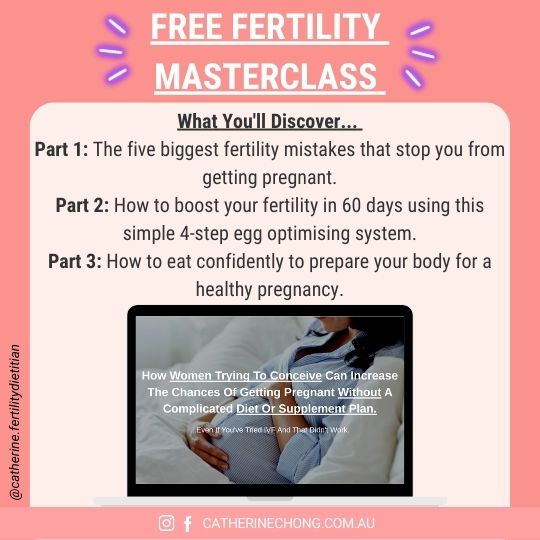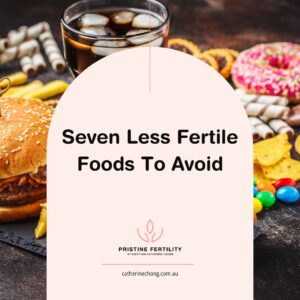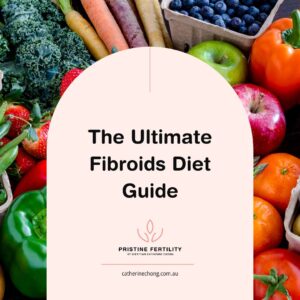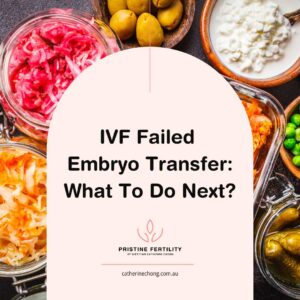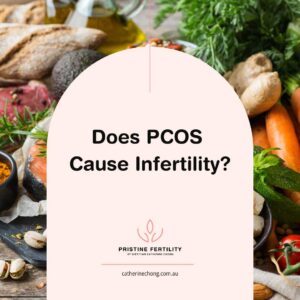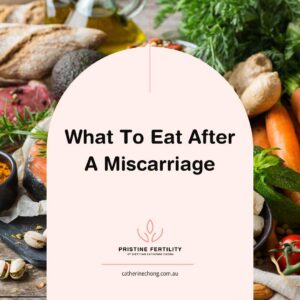NMN & NAD+: Pivotal Players in Fertility and the Fight Against Ovarian Aging
In the journey towards conceiving, every step matters, from maintaining a healthy diet and lifestyle to understanding the subtle nuances of our body’s biochemistry. One compound that has piqued scientific interest is NMN (Nicotinamide Mononucleotide), known for its significant role in cellular health, ageing and fertility.
In this blog post, we will delve deeper into this topic, clarifying the distinctions between NR, NMN and NAD+ and shedding light on their potential implications for fertility.
The Role of NR, NMN and NAD+
NMN (nicotinamide mononucleotide) and nicotinamide riboside (NR) are biosynthetic precursors to an essential molecule for metabolism– nicotinamide adenine dinucleotide (NAD+). Just like the colour in an old photograph fades, NAD+ levels in our bodies also decline as we age. However, the exciting news is that this process isn’t irreversible!
Science has found a ‘fountain of youth’ of sorts, with studies showing that when NAD+ levels in older animals were replenished, their lifespan and overall health improved.
How NMN and NR Become NAD+ In Cells
- NR, once inside our cells, gets transformed into NMN.
- NMN is then converted into NAD+, which helps keep our cells healthy and functioning correctly.
- Then, some proteins (sirtuins) use NAD+ for cell health and turn it back into Nicotinamide (NAM).
- Finally, NAM can be changed back into NMN, and the whole cycle starts again.
NR and other types of vitamin B3, commonly known as niacin, can be found in many of the foods we consume. Additionally, our bodies can change tryptophan, a protein component, into NAD. This makes tryptophan a sort of dietary niacin provider.
Scientists found that NR is good at boosting NAD+ levels, but they’re still studying whether NR or NMN is better.
Interestingly, some scientists have found a particular protein in mice that helps NMN get into cells easily. We humans might also have this protein, but more studies are needed to confirm this.
In a nutshell, converting NR and NMN into NAD+ is like a cycle that keeps our cells healthy, and food or certain supplements can help fuel this cycle.
The Potential of NAD+ in Fertility Enhancement
Recent research has shed light on the role of NAD+ in enhancing egg quality, particularly for older women. This ground-breaking study revealed that by boosting NAD+ levels using its precursor NMN, we could rejuvenate the quality of oocytes and counteract some of the negative impacts of aging on their development.
Interestingly, it seems less is more, with smaller doses of NMN proving more beneficial in enhancing fertility. This finding emphasizes the importance of determining the ideal dosage for achieving the best results, which will be a vital factor in translating this research into clinical applications.
What’s more, the perks of NMN might extend beyond improving egg quality. It may also boost follicular development through its interaction with other bodily tissues. And while this research focused specifically on NMN as a precursor to NAD+, the researchers suggest that similar compounds, like NR, could offer comparable fertility benefits.
Nonetheless, it’s crucial to remember that we’re still in the early stages of this research. We need further studies before we can confidently recommend NAD+ boosting supplements for use in human fertility treatments.
Another recent study sheds light on the same promising discovery. NAD+ levels in oocytes (or egg cells) from older mice are diminished but can be revived with in vivo NMN administration.
Consistent with prior studies, NMN supplementation somewhat upped the number of antral follicles, ovulated oocytes, and mature oocytes with less fragmentation.
In particular, NMN restores the mitochondrial function of aging oocytes to prevent the build-up of ROS and DNA damage. These findings provide a theoretical basis for using NMN to improve fertility in aging women and optimise the effectiveness of ART.
The Bottom Line
Although animal studies show promise, the impact of NMN supplementation on human fertility is still an evolving field of research. As we work towards gaining a comprehensive understanding of its effects, it’s important that you consult with a healthcare professional or a fertility dietitian before starting any supplementation regimen.
Need More Help?
Are you seeking additional support and guidance in optimising your fertility through a personalised nutrition plan?
Schedule a nutrition consultation today and take the first step towards achieving your fertility goals.
You May Also Be Interested In
Disclaimer: Content on this website is provided for information purposes only and should not be replaced with medical advice. We recommend you discuss with your healthcare providers (doctor, dietitian, pharmacist, etc.) any medical questions for diagnosis and treatment, dietary plan, or use of any medications and nutritional supplements before you make any changes. DietitianChong Pty Ltd shall not bear any liability for reliance by any user on the materials contained on this website.

